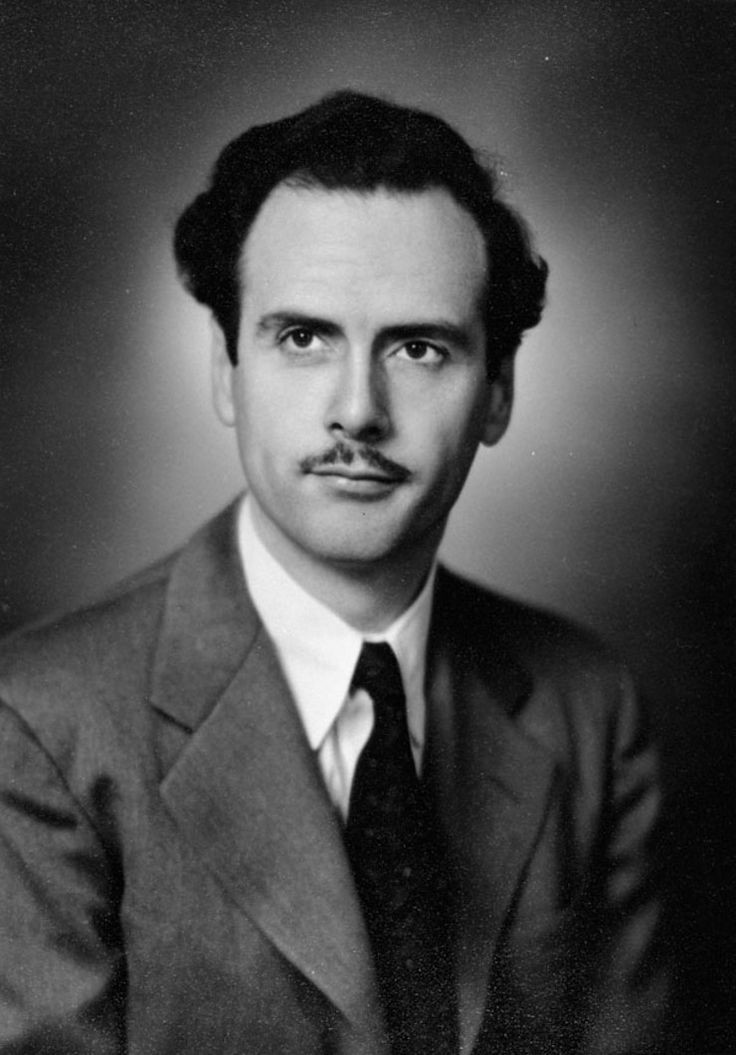Who Is Marshall McLuhan? Google Doodle Honors 'Medium Is The Message' Theorist

Google Doodle honored Herbert Marshall McLuhan, who is known for having one of the most significant predictions of the 20th century, on his 106th birth anniversary Friday. The Canadian philosopher foresaw the birth of the digital age, specifically the internet and what impact it would have, 35 years before the transition took place.
"A Canadian philosopher and a professor who specialized in media theory, McLuhan came to prominence in the 1960s, just as TV was a becoming part of everyday life. At the center of his thinking was the idea that society is shaped by technology and the way information is shared," read the Google Doodle's description on McLuhan.
"Today’s Doodle, which celebrates the visionary’s 106th birthday, illustrates this theory by showing how McLuhan viewed human history. He saw it through the lens of 4 distinct eras: the acoustic age, the literary age, the print age, and the electronic age," the description claimed.
Read: IoT Security: Internet Of Things Will Likely Continue To Grow, Pew Report Says
He predicted new media and taught us 'The medium is the message'. Celebrating Marshall Mcluhan's 106th birth anniversary. #GoogleDoodle pic.twitter.com/J5iV5DvQgo
— Google India (@GoogleIndia) July 21, 2017
The Google Doodle honoring McLuhan shows the progress of humanity through the four ages the media visionary saw. It began with the humans sitting around a fire in the Acoustic Age, and their progress through the Written Age, the Age of Mass Production, and into the Global Village or Electronic Age that we live in the present.
Along with predicting the birth of the internet, he also noted the wide-reaching and transformative effects it could have around the world and the impact it would have throughout the culture. He described it as a "cool" technology. By "cool" he meant it would be different from the hot technology of the print and would encourage people to interact more, thus allowing everyone to contribute. He coined the catchy phrase of "global village" which meant the internet would result in different and innovative ways of interacting and understanding one another, according to the Telegraph. He popularized the term "global village" in his first book, "The Gutenberg Galaxy," published in 1962.
"The next medium, whatever it is -- it may be the extension of consciousness -- will include television as its content, not as its environment, and will transform television into an art form. A computer as a research and communication instrument could enhance retrieval, obsolesce mass library organization, retrieve the individual's encyclopedic function and flip into a private line to speedily tailored data of a saleable kind," he had said in his book, according to CNET.
Read: How To Date In The Digital Age, According To The Internet
In his second book, "Understanding Media" in 1964, McLuhan further explained and looked into the transformative effects of technology and coined the famous phrase — "The medium is the message." In this book, he signified and insisted on his belief that the way or the medium through which the information is received is more important than the actual information itself. His prediction conveyed both the power of the internet and its problems on the basis of how it can shape people's understanding.
"Once we have surrendered our senses and nervous systems to the private manipulation of those who would try to benefit by taking a lease of our eyes and ears and nerves, we don't really have any rights left," he wrote in his 1964 book. It appeared to be a warning that has become a reality in today's world, according to the Independent.
© Copyright IBTimes 2024. All rights reserved.






















